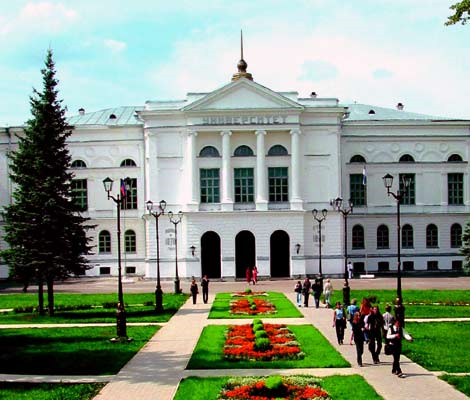
- •1. Read the following words
- •2. Read the following phrases
- •3. Make up sentences using as many words as possible from Ex. 1
- •Vocabulary
- •Match the words from the text with their meaning
- •Read and tell if the following statements are True or False
- •Finish the phrases according to the information from the text
- •Complete with do/ does/ did.
- •Make questions
- •Form a question from the underlined parts of the sentences
- •Make the questions for these answers
- •Translate the following questions into English and answer them.
- •Change the sentences with help from the vocabulary words and expressions but do not change their meaning!
- •Find the synonyms or explanations for the words of the column a
- •Complete the sentences with the words from the vocabulary list
- •Find the mistakes in the following sentences and correct them.
- •Unscramble the following sentences and make the questions. The beginning and end of each sentence have already been done for you.
- •Make as many questions as possible to the following sentence.
- •Make the questions for these answers using the words from the lesson vocabulary.
- •Oxford Quiz! Translate the questions into English and answer them. Do you know everything about Oxford?
- •What would you like to ask an Oxford undergraduate about? Make a list of questions.
- •Imagine, you are the Rector of Tomsk State University. What things from Oxford university system could be useful for your Alma mater? Explain your choice.
- •1. Scan the text below and compare the information with your ideas. What new information did you get?
- •2. Comprehension check. Tell whether the statements are True or False.
- •Improve your vocabulary. Match each word with its definition.
- •Return to your mini – poll. Has your point of view changed?
- •Consolidation. Now you know a lot of information concerning becoming a student in the usa.
- •Gaudeamus igitur: lyrics and translation
- •1. Listening
- •2. Reading
- •I The Surrounding Area
- •Vocabulary
- •4.Translation
- •5. Writing
- •The University of Oxford
- •If you have any questions about the University of Oxford, I will be glad to answer.
- •I hope you enjoyed this presentation, thank you for your attention!
- •(Памятка студенту)
- •Why do you want to study English?
- •Write any recommendations for your English teacher – What would you like to do in English classes? What don’t you like at all? All your ideas are welcome!!!
- •Thank you for your answers!
- •International Faculty of Business Administration
- •Bibliography and references
Томский Государственный Университет
Международный факультет управления
Discovering University Communities
(Tomsk State University,
British and American Universities)
Учебно-методическое пособие для студентов первого курса
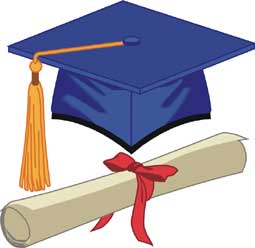
Томск
2012 г.
Рассмотрено и утверждено методической комиссией кафедры иностранных языков, протокол № 4 от 30.08. 2010
Авторы: Сергеева Елена Анатольевна, старший преподаватель кафедры иностранных языков Международного факультета управления ТГУ
Солоненко Александра Владимировна - преподаватель кафедры иностранных языков Международного факультета управления ТГУ
Рецензенты: Бельтюкова Н.П., доц., к. фил. н
Прокопенко Л.А., ст. преп. англ. яз.
Стуканова О.Б., ст. преп. англ. яз.
Швадленко И.А., MS, alumna of Muskie Program (USA)
Kate Willison, BA, Canada
Michael Howard, BA, Great Britain
Mark Ciavaglia, BT, Australia
Пособие знакомит студентов первого курса с реалиями высшего образования в России и за рубежом, на примере Национального исследовательского Томского государственного университета и университетов Великобритании и США. Основу пособия составляют три раздела, знакомящие с историей, структурой, правилами поступления, традициями данных вузов. Каждый раздел содержит задания, которые носят творческий характер и ориентированы на развитие у студентов всех видов речевой деятельности, критического мышления, навыков сравнительного анализа и исследовательской работы и на использование ресурсов Интернета. Одной из целей работы с данным учебно-методическим пособием является обогащение вокабуляра по теме «Образование» и развитие грамматических навыков у учащихся. Пособие помогает студентам первого курса приобрести и развивать навыки автономного обучения и работы с информацией. Также оно знакомит с перспективами обучения в британских и американских вузах. Также пособие содержит ценные дополнительные материалы: список ключевых слов по теме «Образование», тест на определение уровня знания языка студента первого курса, тренировочный лексико-грамматический тест по материалу пособия, памятка по подготовке устной презентации, полезная информация о Томске и студенческих традициях, список сайтов, содержащих полезную для студентов информацию. В целом, данное пособие отличает новизна, информативность, разнообразие содержания, законченность, оригинальность, что даёт богатый материал в помощь преподавателям иностранного языка, работающим с группами разного уровня владения языком.
Contents
Dean’s Word 4
Manage Your Studies Card .5
Part I Tomsk State University .6
Part II Oxford University………..……….……………....20
Part III American Universities 29
Appendix 1 41
Appendix 2 44
Appendix 3 49
Appendix 4 51
Appendix 5 52
Appendix 6 54
Appendix 7 56
Appendix 8 59
Appendix 9 63
Appendix 10 67
Bibliography and references 68
DEAN’S WORD
Dear students and teachers:
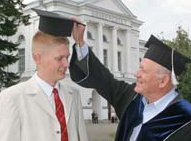
This textbook in English created by our teachers is a remarkable event in the life of our International Department of Public and Business Administration, due to the very important role that having a good command of foreign languages plays in the success of young specialists' professional activities.
The fast development of globalization in any profession and the intensively increasing mobility of specialists around the world, make knowledge of languages absolutely imperative. But it has not just purely practical significance. Language is not a means of communication only. It is much more – it is a way to see the world and understand it or, as the Germans say, it is “die Weltanschauung”.
For instance, people thinking in Russian and in English have different views on many things. Take the word управление. Did you notice how I translated the name of our department above? This is because in English there is no equivalent to the term управление. Управлять автомобилем – to drive a car; управлять ракетой – to guide a missile, страной – to govern, организацией – to manage, etc. My American friend told me that perhaps the nearest equivalent is operation, but its meaning is wider, it embraces any activity.
Another language is another view of the world, and it makes life more interesting, and gives you additional possibilities in life. For instance, many interesting and very important events in my life have had happened solely due to my knowledge of English. I wish all of our students success in their studies of foreign languages.
Felix Tarasenko,
Dean of International Department of Public and Business Administration
Manage Your Studies Card
Unit: Discovering the University Community
Name ______________________________________________________
Surname ______________________________________________________
DATES
1 |
2 |
3 |
4 |
5 |
6 |
7 |
8 |
9 |
10 |
11 |
|
|
|
|
|
|
|
|
|
|
|
Contents:
# |
TOPIC |
Activities |
GRADES |
1. |
Tomsk State University part1 |
discussion |
|
2. |
Tomsk State University part 2 |
presenting TSU |
|
3. |
British Universities part1 |
listening |
|
4. |
British Universities part2 |
|
|
5. |
American Universities part1 |
speaking |
|
6. |
American Universities part 2 |
reading |
|
7. |
Visiting American Center |
questions |
|
8. |
Test Preparation (oral section) |
writing a letter texts vocabulary |
* * * |
9. |
Test Preparation (written section) |
test |
|
10. |
Test |
test |
* |
11. |
Presentations |
presentation |
* |
Final Score |
|
||
P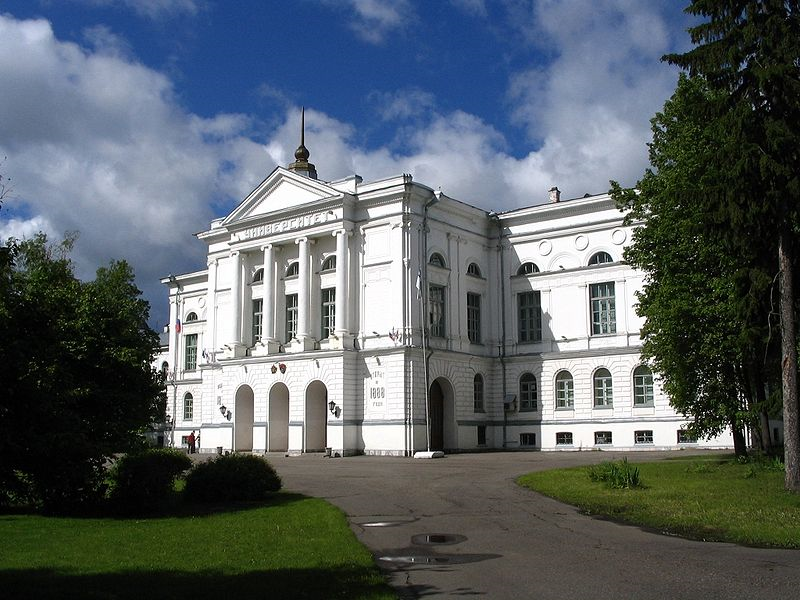 art
1
art
1
TOMSK STATE UNIVERSITY: PAST AND PRESENT
Lead-In
Word Harvest
In groups make up a list of words related to the topic ‘University‘. Exchange your words with another group. Write down new words and expressions.
University Discussion
In groups choose two questions to discuss from the list. Then talk about your group’s opinion.
What comes to mind when you hear the word ‘university’?
What would you like to study at university?
Do you think everyone should go to university?
Is university only for very intelligent people?
Do you think university today is different from one hundred years ago?
Is university life more about studying or having fun?
What universities would you really like to study at and why?
Should university education be free?
What is the difference between university and school?
Edward Hubbard, an English historian, said: “You can take a man to university, but you cannot make him think.” Do you agree?
Surfing the University web site
Surf the official web site of Tomsk State University www.tsu.ru . Try to complete the following questionnaire
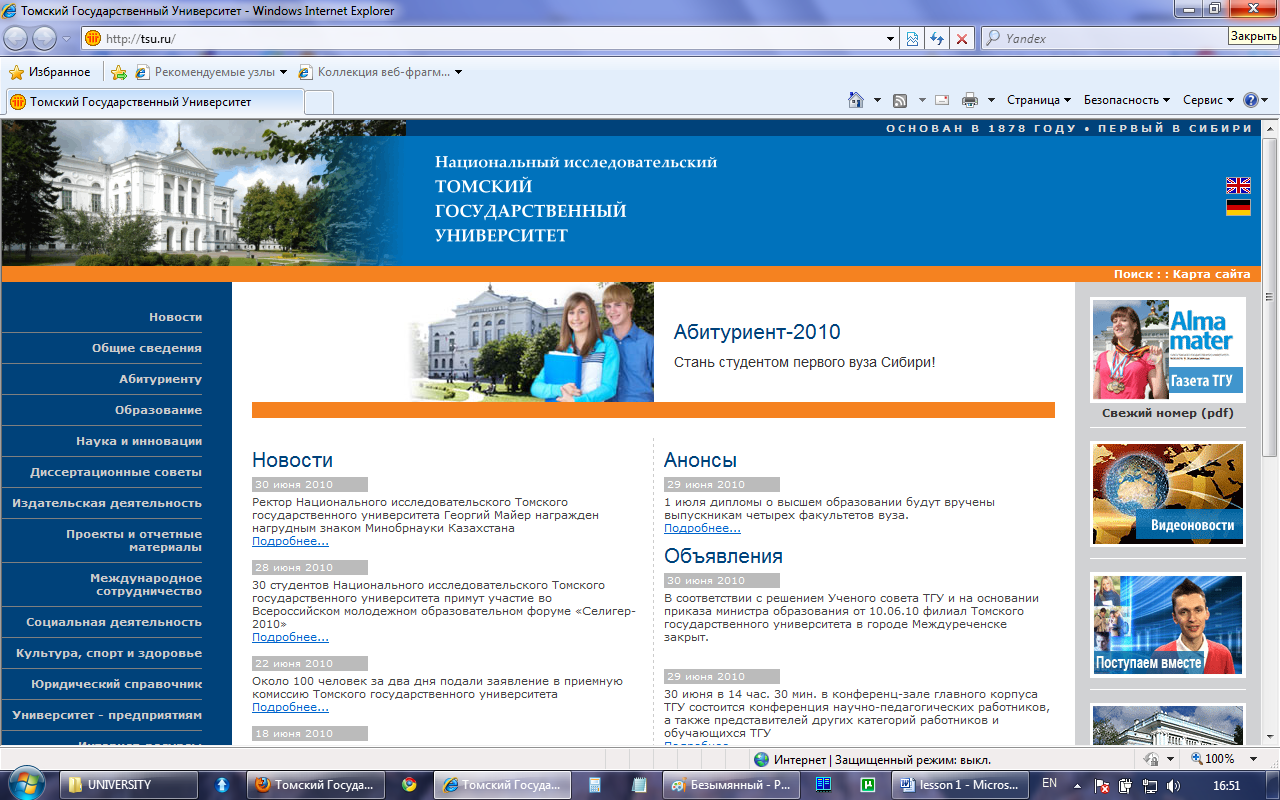
What is the name of the university Rector?
When was the University founded? Name the most important dates from the University history.
How many faculties are there at Tomsk University? Which is the oldest one?
How many students study at the University?
What language versions are presented?
What is the name of the University newspaper? What does its name mean?
What is the latest news from university life on the site?
What foreign universities does TSU cooperate with?
Surf the official web site of International Faculty of Business Administration www.mfu.tsu.ru . Try to complete the following questionnaire
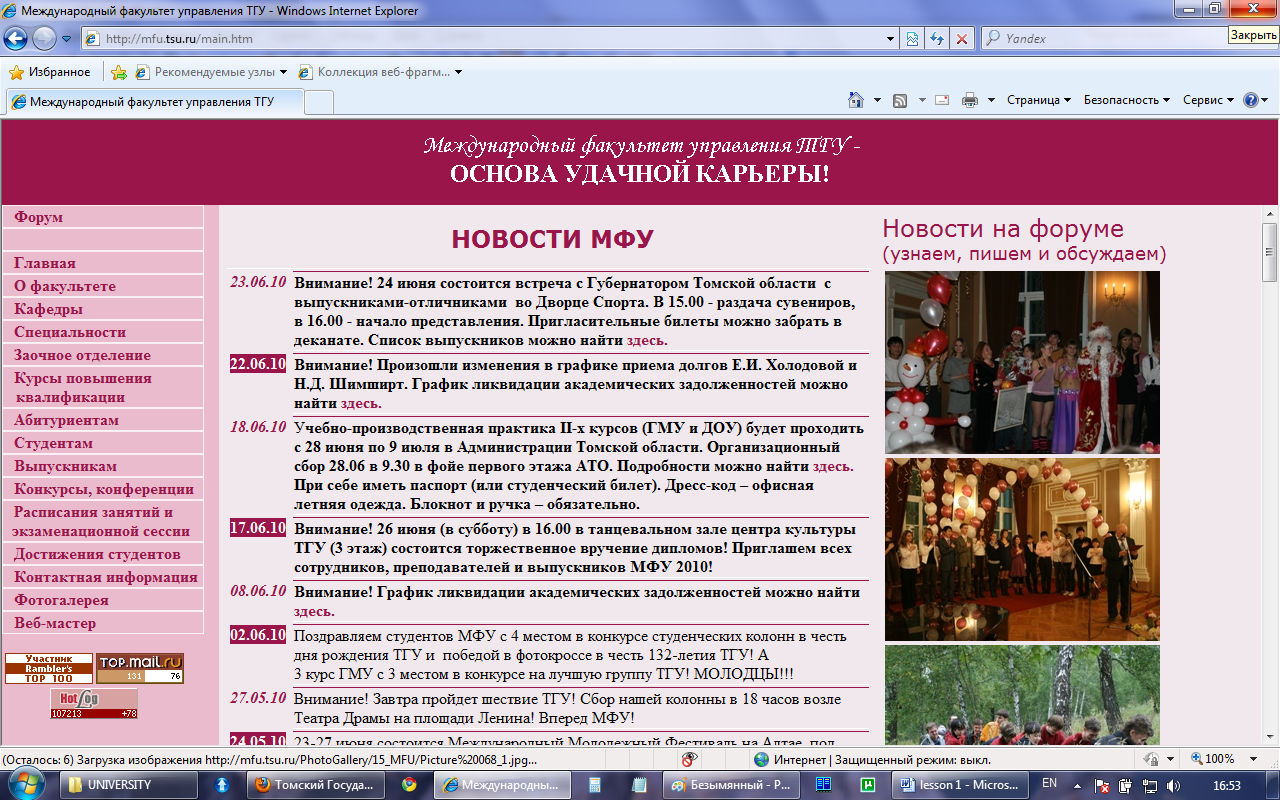
What are the names of the faculty dean and vice-dean?
When was the faculty founded? What was its original name?
What chairs exist at the faculty?
Find the names of any five teachers who work at this faculty.
What are the majors offered by the faculty?
Can you take a correspondence course at this faculty?
What is the name of the faculty newspaper?
Are these sites user-friendly? Do you have any ideas to make these sites better?
What were the most important/ interesting pieces of information you found?
Pre-Reading
1. Read the following words
Far East
Siberia physics chemistry
academia philology technology
academy philosophy ecology
alumni biology
biochemistry
nanotechnology
medicine specialist
merchant zoologist science
mathematics physicist scientific
museum chemist
2. Read the following phrases
He is a specialist in chemistry, physics and nanotechnology.
This merchant was a great zoologist and worked in academia.
Many alumni from Siberia visit the Museum of Medicine.
This physicist liked mathematics and biochemistry.
The man from the Academy knows a lot about chemistry and ecology.
3. Make up sentences using as many words as possible from Ex. 1
Reading
1. Read through the text about Tomsk University and do the following tasks
Find the words that you can understand without translation. What do you call such words?
Pay attention to the endings of the verbs in the text. What is the text going to be about – the past or the present of Tomsk University?
Choose a paragraph and practice reading aloud.
Vocabulary
merchant купец, торговец
donation денежное пожертвование
to cover expenses покрывать расходы, затраты
to maintain high standards поддерживать высокие стандарты
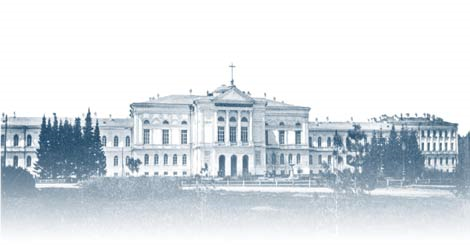
Founded in 1878, Tomsk University was the first educational institute
in Siberia and the Far East. It took seven years to complete the construction of the main building and the halls of residence for students. Most of the expenses were covered by local merchants who made donations.
The Faculty of Medicine, the only faculty at this time, opened its doors to 75 students in 1888. Three more faculties were opened much later. Those were the Faculty of Law (1898), Physics and Mathematics, and History, Philosophy and Philology (1917).
A lot was done by Professor Florinsky, who supervised the construction work and the first years of university activities. It was he who bought the first collections for the university museums. The first professors who started teaching here arrived from St. Petersburg, Kazan and Moscow. They were the physicist Gezehus, the chemist Zaleski, and the zoologist Zaitsev. Professor Gezehus was the first rector.
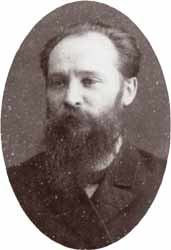
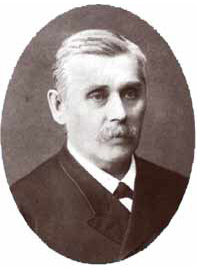
Professor Gezehus Professor Florinsky
The university has always kept its traditions and maintained high standards. Its reputation has developed over many years. In the late 19th century, schools of thought created by the university professors in medicine, zoology and botany became well known and recognized throughout the world. In the period of the 1930s – 1950s, Tomsk University became famous for the works of its specialists in physics, geology, mathematics as well as chemistry, history and others. In the 21st century, the university became a leader in such fields of study as ecology, nanotechnology and biochemistry. In 2010, TSU showed its high scientific potential and received the status ‘national research university’. Not every Russian university can boast of such success.
So far Tomsk State University has trained more than 70 thousand specialists. A hundred members of the Russian Academy of Sciences are among its graduates.
Successful alumni of the University are found in business, academia and administration.
